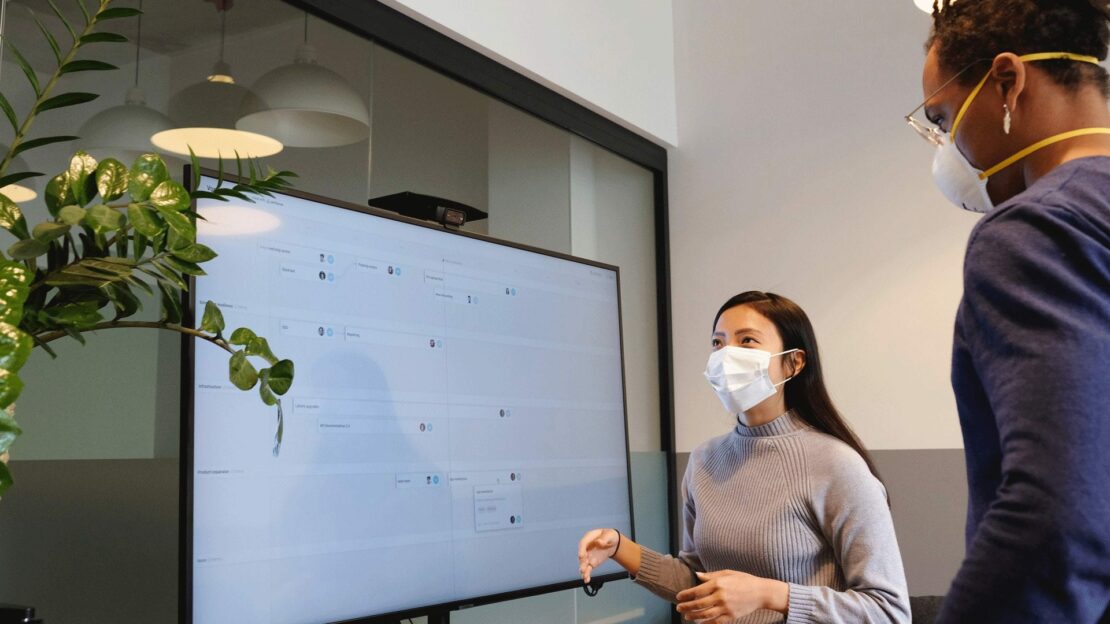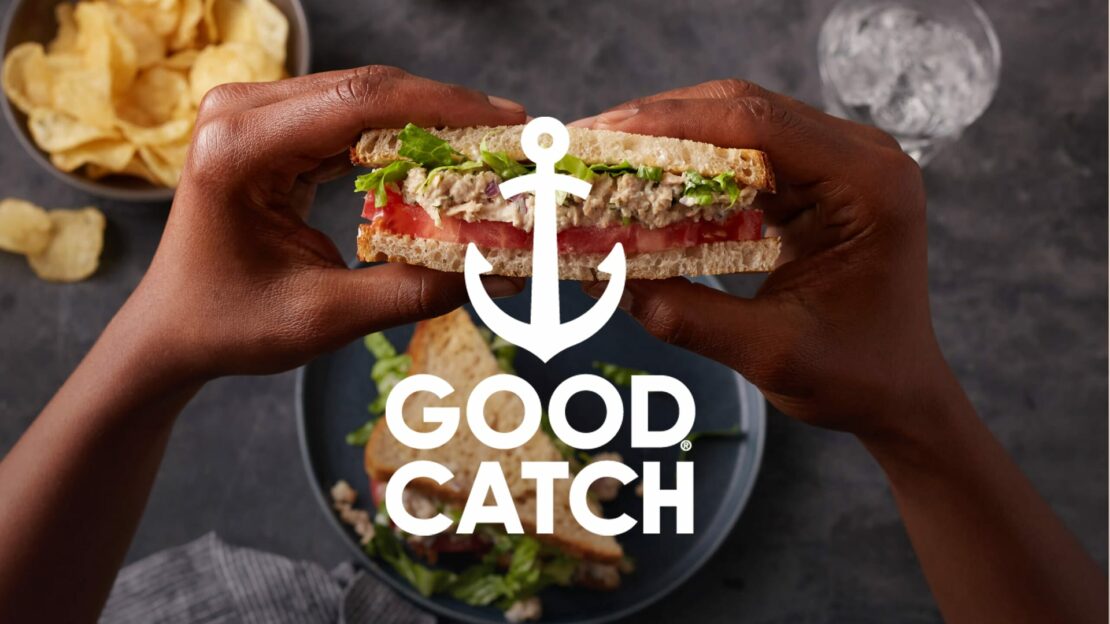Smoke and mirrors: why the race to reform food and packaging policy is still on
octubre 6th, 2023
Probably the most overused word in FMCG policy right now is ‘delay’.
We’ve seen the Deposit Return Scheme become the posterchild of a devolution debate, and significant business opposition to the mounting cost of Extended Producer Responsibility and PRN payments – a system which requires urgent reform. Plans for the introduction of consistent collections in England have been put on ice, leaving consumers rightly confused about which packaging goes in which bin in different local authority areas.
Disagreement over how to implement the Government’s waste reforms has led to paralysis. In the absence of a concrete plan, we have now circled back to the blue sky thinking originally set out in 2018.
Plus, with a general election edging closer every day, the Government would prefer to keep its head down on this one for now. During a cost-of-living crisis, no political party wants to be seen to be driving forward policies which could add to the cost of voters’ shopping baskets. And so, it’s proved more politically expedient to just park it.
It’s the same with food and public health policy; you can feel the election looming. Only a couple of years ago, industry was facing significant reform, from the extension of existing sugar taxes to the implementation of price promotion and in-store location restrictions for HFSS food and drink products. But the mood music has changed with these proposals having been – you guessed it – delayed. Putting up the price of food, or risk telling people what they can or can’t eat, is not a vote winning strategy.
But don’t be fooled – all this doesn’t equate to inaction. Just because the implementation dates have been pushed back, with the Government keen to avoid unhelpful headlines, it doesn’t mean that the preparatory work is on pause. This is an exercise to keep the critics at bay, rather than a genuine pivot in policy. DEFRA is determined to drive forward progress behind the scenes, ready for implementation after the election – which isn’t that far around the corner. And the Shadow EFRA team will also be ready to pick this up where it’s been left off.
Election manifestos and policy pledges might give us a good window into a future government’s plans once they have the keys to Number 10, but this doesn’t paint the full picture. We need to read between the lines – what can’t necessarily be said during an election campaign, but might be prioritised once a new government is in office. And this is definitely the case for food and packaging.
The political fire will likely be relit under food and packaging policy on the other side of the election, once an electoral majority has been secured and any new government has a freer reign and five-year window to make the more unpopular choices. Whether we wake up to a blue or red government the day after polling day, these reforms facing the FMCG sector will be waiting in the wings – so it’s no time to disengage.
Businesses must continue to engage on the technicalities of policy development, and – where possible – take voluntary action to prepare for future regulation, which will still be coming down the track. Plus, with a fresh ministerial team in post after the election, DEFRA will be looking for ideas from the experts to turbocharge progress. This gives brands a window of opportunity, during the election campaign and beyond, to show off their credentials in creating innovative packaging formats, investing in more circular waste recovery infrastructure, and to highlight efforts to provide UK families with nutritious food and household products at an affordable cost.
Here at Grayling we have a specialist FMCG team on hand, dealing with these issues day in, day out. Our corporate reputation, public affairs and consumer brand experts are proud to help organisations:
- Target political influencers and media to highlight the need for a supportive policy framework, driving a public conversation.
- Navigate a complicated regulatory environment, identifying risks and opportunities on the horizon, and crafting messaging and policy asks that will make your point of view stand out from the crowd.
- Hero the positive consumer story to tell on sustainable diets and packaging, building brand affinity and consideration, which is critical at a time socioeconomic change.
If you’re an organisation currently facing the uphill climb of FMCG regulation, we can do the same for you – unpacking the potential commercial impacts of future regulation and getting your communications on the front foot.
We know the lack of clarity on forthcoming policy is really frustrating for businesses that have been busy making the preparations. But now is not the time to take the foot off the peddle. Rather it’s a chance to get ahead of the curve, and work with government to develop an implementation plan that’ll work best for business, all whilst showing that the sector is already self-regulating. The more that brands demonstrate voluntary action on sustainable diets and packaging, the less burdensome and costly any looming regulatory framework is likely to be.
To speak with our dedicated FMCG team, please contact Victoria Murphy via victoria.murphy@grayling.com


